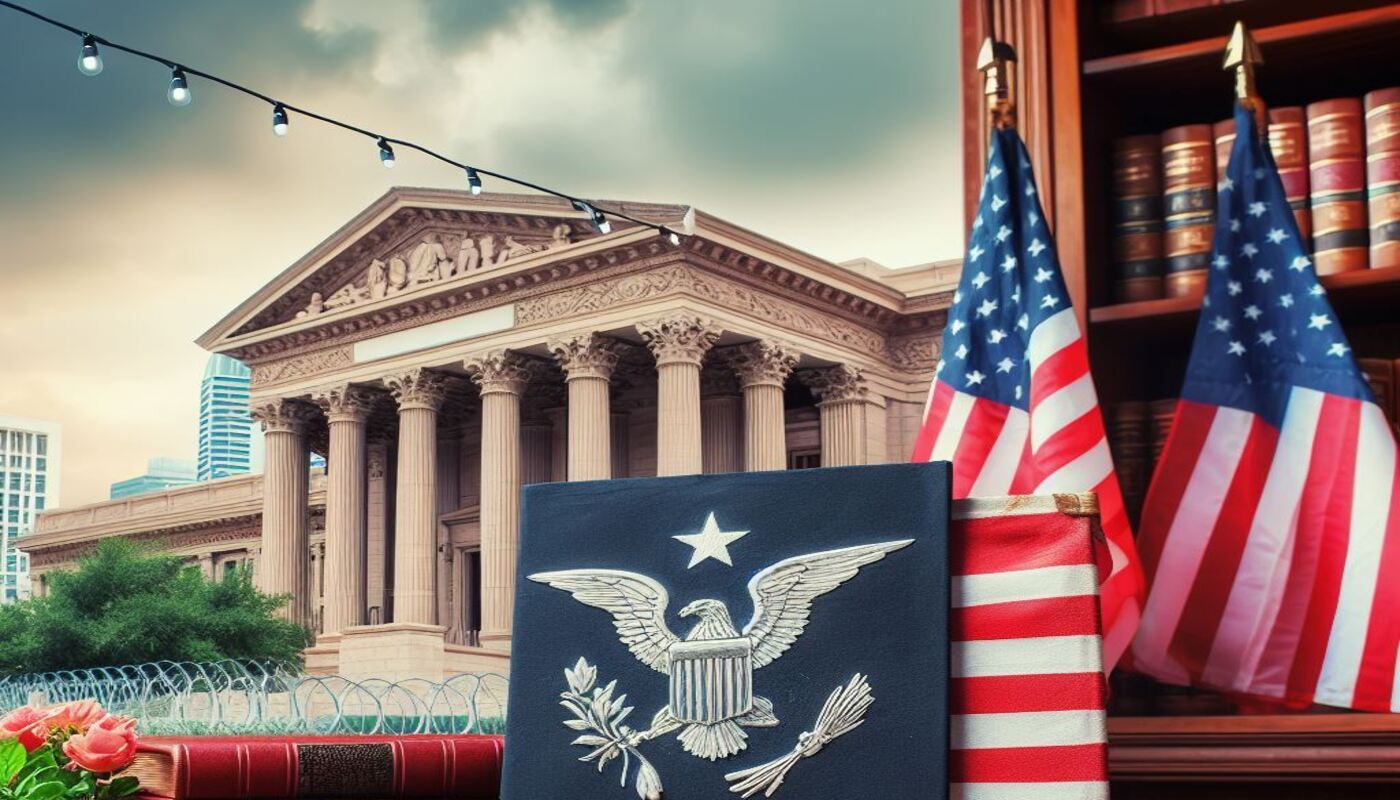In a joint effort, the Department of Homeland Security (DHS), in collaboration with the U.S. Citizenship and Immigration Services (USCIS) and the Department of Labor (DOL), has introduced a temporary final rule to provide an extra 64,716 H-2B temporary nonagricultural worker visas for fiscal year (FY) 2024. This allocation is in addition to the statutory cap of 66,000 H-2B visas available annually. Sectors such as hospitality, tourism, landscaping, and seafood processing heavily rely on the H-2B program for seasonal and temporary workforce needs.
The move addresses the demand for workers in areas where insufficient U.S. workers are available, contributing to the American economy and aligning with the Biden Administration’s commitment, as per the Los Angeles Declaration for Migration and Protection, to expand lawful pathways and deter irregular migration.
By making these supplemental visas accessible at the beginning of FY 2024, the departments aim to assist U.S. businesses in planning ahead and securing the necessary seasonal and temporary workers. Stringent measures are in place to safeguard the interests of both U.S. and foreign workers, emphasizing the requirement for employers to prioritize recruiting American workers for available positions.
The supplemental H-2B visas include an allocation of 20,000 visas for workers from specific countries, including Colombia, Costa Rica, Ecuador, El Salvador, Guatemala, Haiti, and Honduras. This country-specific distribution aligns with the administration’s efforts to establish a safe and orderly immigration system.
In addition to the country-specific allocation, 44,716 supplemental visas are designated for returning workers who had H-2B visas or H-2B status in the last three fiscal years. The allocation is divided between the first and second halves of FY 2024 to address seasonal workforce needs.
The temporary final rule outlines specific allocations for the first and second halves of FY 2024, with provisions for different periods and specific countries. Employers seeking these supplemental visas must adhere to the outlined filing procedures at the USCIS Texas Service Center to ensure compliance with the new rule.
Source: USCIS


















